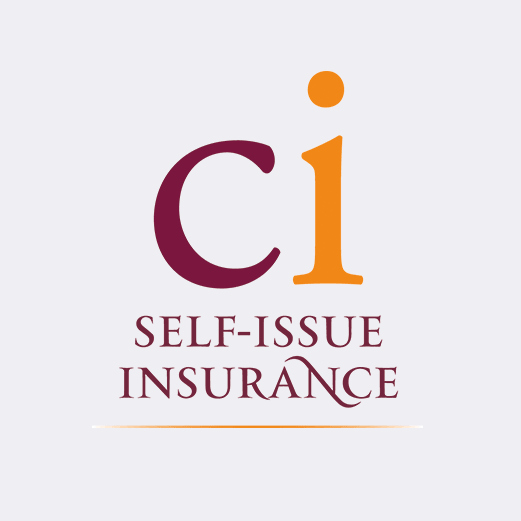Solicitors rank top in biggest ever survey of legal needs
The biggest ever survey of legal needs in England and Wales has delivered a ringing endorsement of the quality of service provided by solicitors.
But the research also found that nearly one in three people faced with a contentious issue either did not seek help, wanted more help, or waited over two years for their issue to be resolved.
The Legal Services Board, which co-commissioned the research with the Law Society, has indicated that it will seize on fresh evidence of an ‘access to justice gap’ to pursue its deregulatory agenda.
Based on data collected by YouGov in February and March 2019, the survey collates the perceptions and experiences of 28,633 people. It is the first study in this jurisdiction to use OECD guidance on how to develop legal needs surveys, profiling the population by income and how well consumers are equipped to make decisions.
One headline finding is that solicitors score highest for service satisfaction. Nine out of 10 people who had used a solicitor were satisfied with the service they received, while 84% thought the solicitor provided value for money. Respondents who received professional help were also more likely to feel they had a fair outcome (66%, compared to 53% who did not).
Unregulated providers received the worst ratings, with one in five people dissatisfied with the service they received from sources including will-writers and McKenzie Friends.
Overall, two in three people had experienced a legal issue in the previous four-year period surveyed, with most issues (53%) contentious in nature. Most common were issues relating to a professional or defective good/service (26%), anti-social behaviour by neighbours (14%), buying or selling property (11%), wills (11%) and employment (11%).
Solicitors were most likely to be consumers’ main advisers (30%, rising to 40% for contentious issues). Doctors, combined with law centres, not-for-profit sources and Citizens Advice equated to 32%.
Older people were more likely to consult a solicitor. Four out of 10 aged 65 or over reported that a solicitor was their main adviser, declining sharply to 26% in the 30-49 bracket and just 18% of those aged 18-29. Younger people are more likely to seek informal help.
Most people who obtained help from a main adviser did not personally pay for it. Most commonly those who did not pay obtained advice through a free service (49%), while 7% were subsequently funded by an insurance company or friends and family.
Only one five people who received professional advice – rising to one in three of those who paid for a ‘main’ adviser – ‘shopped around’. Those who did not said they were happy with the first service they received, trusted a recommendation or found the matter fairly simple.
However, most people whose main adviser was a solicitor compared the services of two or more providers (57%), with one in 10 comparing four or more services. People using a solicitor were more likely to have been dealing with relatively complex issues for which a standardised price was difficult to supply.
The main reasons for dissatisfaction with a service did not relate to price in any case, but rather a feeling that the adviser did not do enough (32%) or that they took too long (31%).
More broadly, the study found that legal capability strongly influences outcomes – pointing to the need for better legal education. People will low legal ‘confidence’ (and income) had less understanding of their rights, were less likely to seek professional help and ended up less satisfied.
Nine in 10 adults agreed legal aid is a ‘good thing’, but among people responding about a legal issue eligible for legal aid who had a household income of £32,000 or less, 85% did not think they were eligible. Moreover, people with high legal confidence were more likely to say they understood their rights and responsibilities when their contentious issue first started than those with low confidence.
Ignorance of regulation, meanwhile, was widespread. One in three people who used a main adviser did not know or check whether they were regulated – most simply assumed they were.
Kindly shared by The Law Society Gazette



















